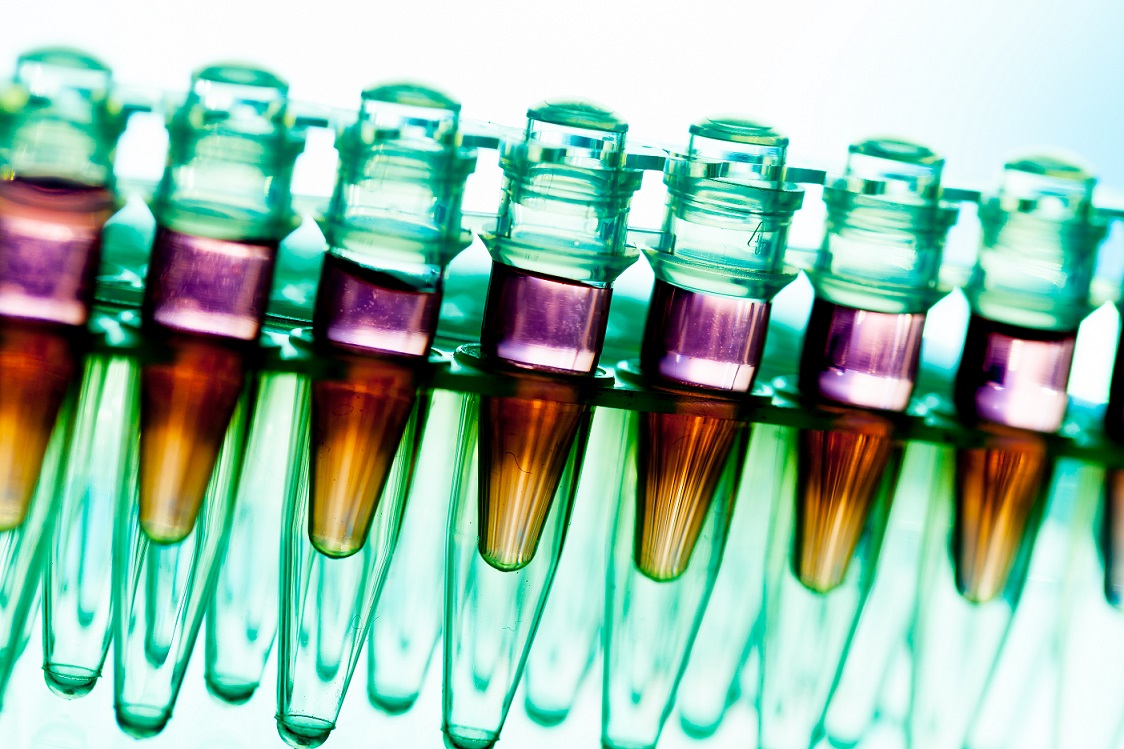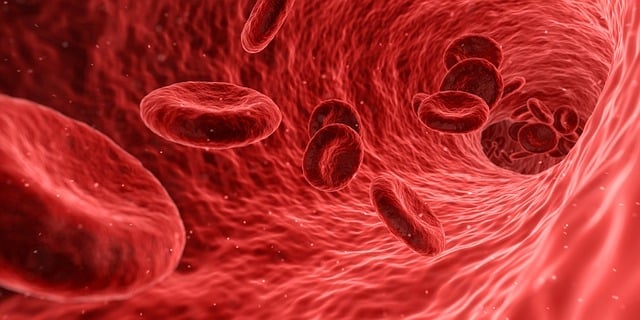Scaling Approaches to NK Cell Production for Off-The-Shelf Delivery

Presented by: Volker Huppert, Chief Development Officer at Glycostem Therapeutics
Transcribed by: Ben Norris
While therapies for cellular illnesses have come on in leaps and bounds in the past 25 years, there are still many diseases for which current treatment methods are insufficient. As Volker Huppert of Glycostem Therapeutics told the audience at the 2021 UK Cell Series event last October, illnesses such as myeloid leukaemia still feature low survival rates. There is a tangible need for new clinical treatment options, including cell-based therapies. Ongoing clinical trials suggest NK cells could provide a solution.
NK Cells: A Promising Option?
Significant investment has been made into new processes and approaches for developing immunotherapeutic tools for combating haematological diseases. Natural Killer (NK) cells are important effector cells in the immune response to cancer, and therapies based around NK cells have come into focus.To eliminate target cells, NK cells form a temporary immune synapse with target cells under stress and secrete cytokines to modulate the function of other innate and adaptive immune cells.
NK cells have a wide area of recognition for cancer cells and other cells which may harm the body. As such, NK cells have the potential to be genetically modified to incorporate chimeric antigen receptor (CAR) specificity. Scaling became the subject of increased attention in the industry after several research articles suggested NK cell therapy could be a viable option for treating leukaemia as a form of off-the-shelf therapy, whereby large quantities of immunotherapeutic cells are produced from healthy donors and stored until they are needed.
Requirements have to be met for off-the-shelf therapies to be safely administered. These include factors such as potency, biology, and – crucially – scalability. One predeterminant in the use of NK cells over T cells is the availability of starting material. Volker Huppert succinctly defined the question faced in therapeutics development as: “Will you be able to manufacture product for potentially thousands of patients that need treatment?” Since NK cells need to pass stringent safety checks before clinical use, the cells are cryopreserved to bridge the necessary evaluation time. However, a major roadblock for existing trials has been a reduction in the success of cryopreserved NK cells in killing target tumour cells compared to fresh NK cells, which has so far limited their practical application.
NK Cell Formulation and Gene Modification
The starting material for NK cells is chosen with scaling and utility in mind: the collection and banking of umbilical cord blood can provide a virtually unlimited source of ethnically diverse stem cell donors. These cells can be used in place of bone marrow or peripheral blood stem cells for hematologic transplants, as well as in a variety of regenerative medicine applications.
- Read: The Latest Specialist Discussions Concerning Cell Line Engineering
- Challenges Associated With Increasing Clone Selection Efficacy
- Untapped Opportunities for Improvement in Gene Therapy Manufacturing
Cord blood also contains a mix of hematopoietic stem and progenitor cells capable of giving rise to cells of the blood building system. Producing NK cells from cord blood stem cells involves mimicking the hematopoietic system, which is specified through selection of the appropriate cytokines so other unwanted cell types are not generated in the process. The platform used for manufacturing is unique and completely closed: stem cell selection is predominantly automated, and concerns two weeks of culturing before the product to a bioreactor for four further weeks of culturing.
Overcoming Challenges Posed by Cryopreservation and Efficacy Loss
As outlined above, one of the caveats with NK cells is that they cannot normally be frozen, so they lose their function after a freeze cycle. “Cryopreservation was considered to be the Holy Grail of NK cells until very recently,” said Huppert. “Many are stating that NK cells cannot be frozen and still retain functionality.” However, Glycostem has developed a method for the cryopreservation of NK cells which could enable the retention of 85% of NK cell potency.
This pursuit of a workable approach to cryopreservation has helped to differentiate Glycostem from other cell therapy platforms, along with their commitment to creating an allogenic, off-the-shelf product. Recent studies have confirmed through flow cytometry that cell viability is not affected by the process of freezing and thawing, with NK cells that remain motile after cryopreservation retaining their normal behaviour within tissue. The current aim within Glycostem is to achieve a five-year shelf life, which would potentially allow for repeat uses of the same therapeutics developed for patients across multiple rounds of treatment.
Scalability of Production and Preparing for Future Treatment
In responding to the current shortcomings of available treatment for diseases such as leukaemia, the focus with Glycostem is on scalability. Upscaling the current manufacturing output will be achieved through a move towards higher levels of automation, something Huppert believes to be essential to the long-term success of the treatment process. The company's commitment to developing a solid, scalable process early on comes from a conviction that this approach makes sense for patients. “The focus on scaling is based on a true belief in the potential of NK cells,” explained Huppert. “The need for clinical products will grow into hundreds, then thousands.” In anticipation of the future need for upscaling, Glycostem are investing early in tomorrow's manufacturing processes.
"The focus on scaling is based on a true belief in the potential of NK cells... the need for clinical products will grow into hundreds, then thousands."
At present, there are still unmet clinical needs that require off-the-shelf cellular therapies to overcome logistical hurdles. Patient recruitment is a topic for every clinical trial, and one Huppert says can be overcome with clinical networking. Warehouse logistics, electronic batch records, laboratory information management systems and faculty plans are all important contributors for scaling plans along with comparability testing. Asked what was still required for NK cell therapies to reach their potential in this field, Huppert simply replied: “clinical data.” With Glycostem aiming to ramp up their manufacturing output by several orders of magnitude, this seems to be an achievable goal that will hopefully revolutionise the treatment process. Watch this space.
Volker Huppert will be speaking again at this year's Cell Series UK. To find out more information or to register your interest, visit the event website.Â






